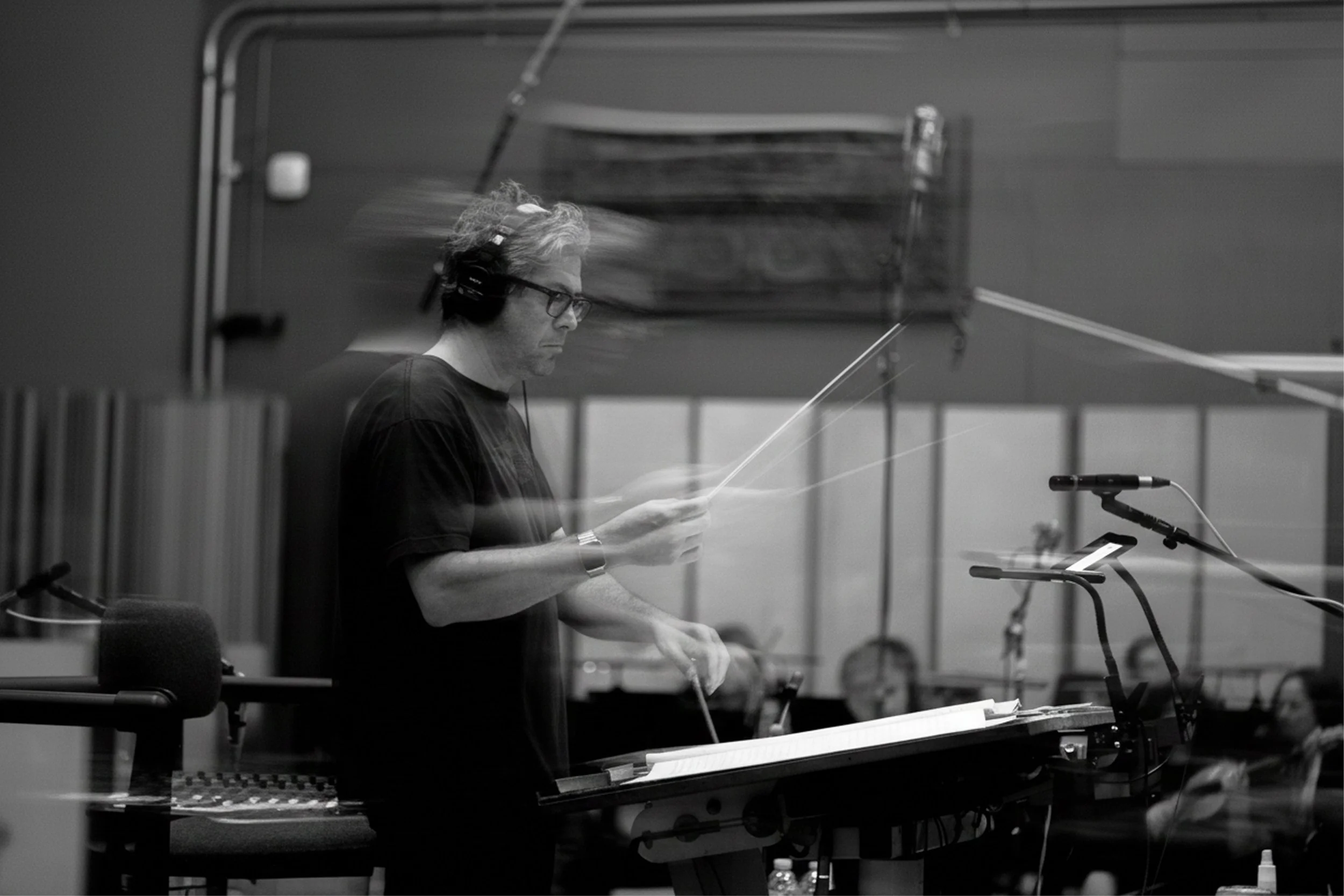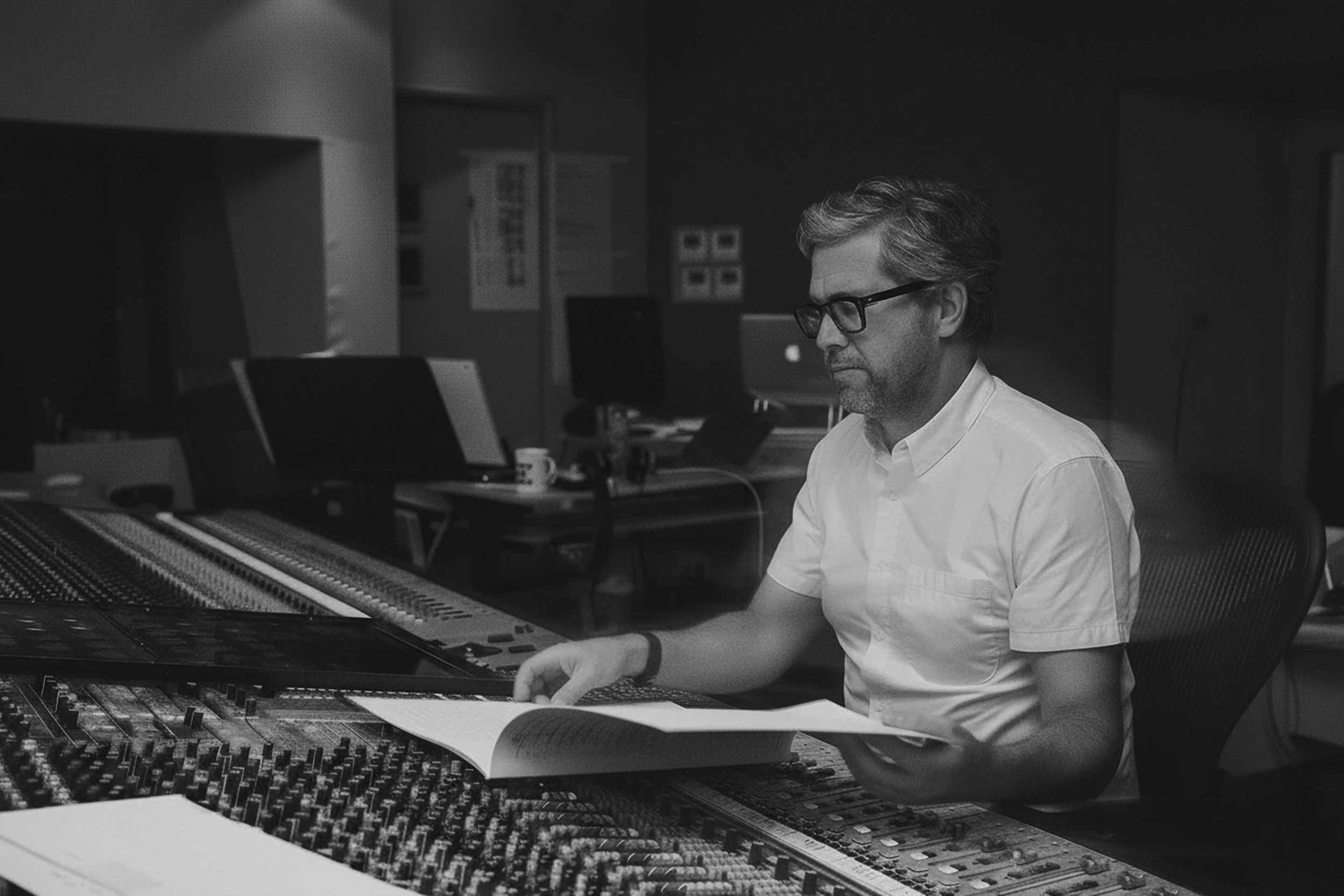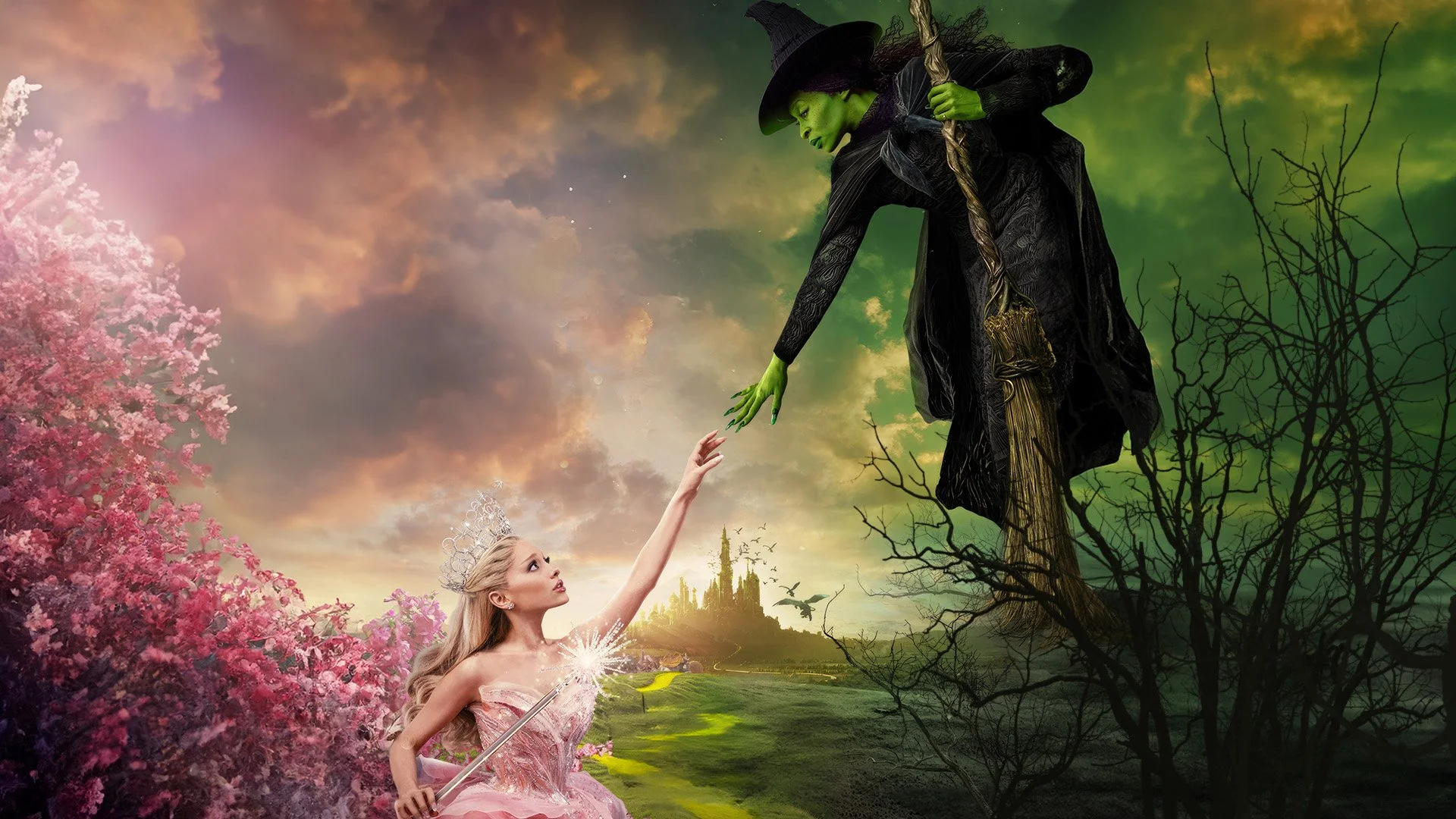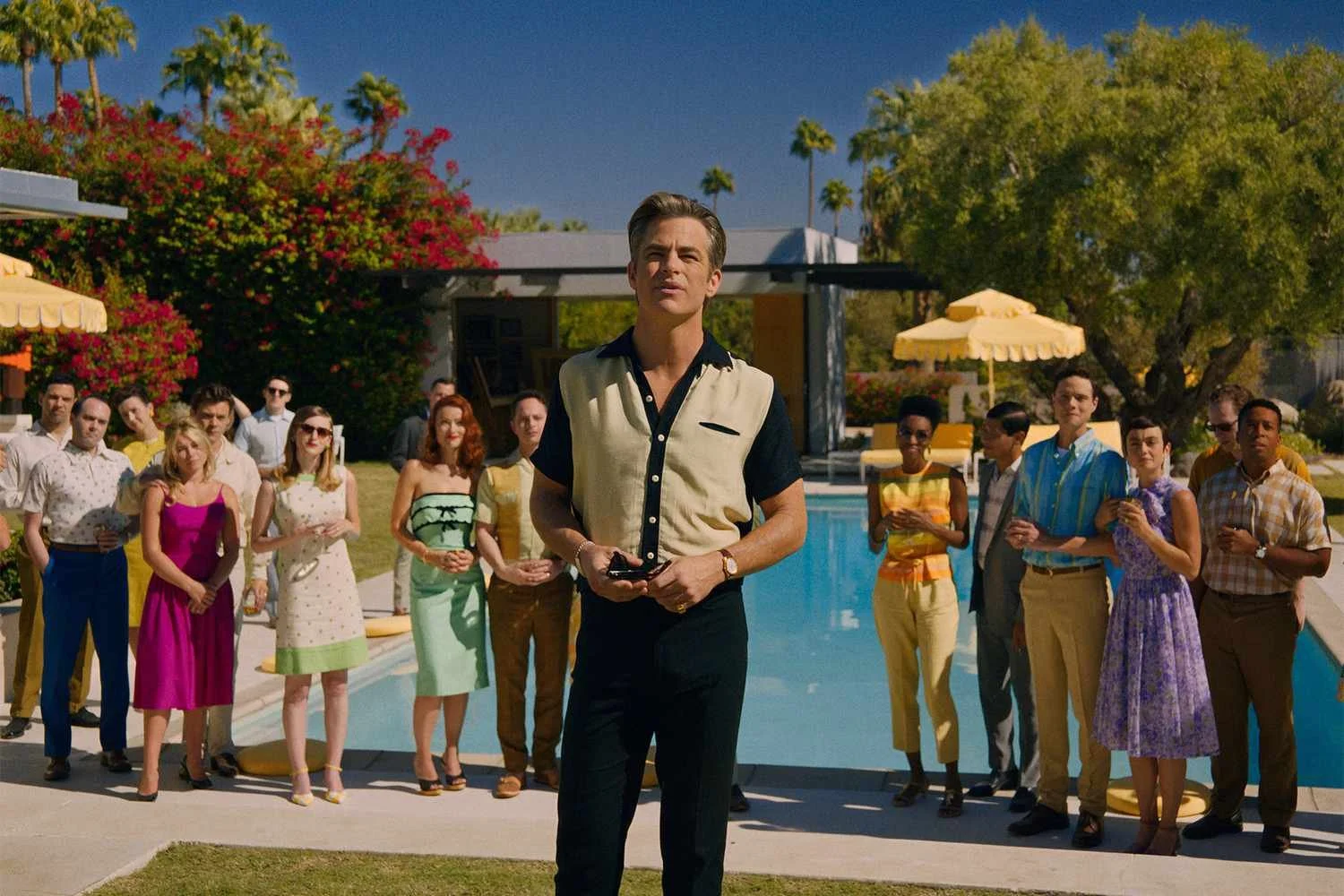ANNIVERSARY EDITION
The Music of Memory: John Powell’s Journey Through Film and Feeling
The composer behind some of cinema’s most emotionally resonant scores, John Powell reveals the artistry and heart behind his music, from childhood inspirations to the challenges of creative identity in the age of technology.
What does it mean when a composer who has helped define the sound of modern cinema talks as much about memory, emotion, and dyslexia as he does about brass sections or box office returns? It means something about John Powell himself, of course, a man whose career arcs from the percussive pulse of The Bourne Identity to the soaring lyricism of How to Train Your Dragon. Still, it also tells us something about the art form he’s spent half a century shaping.
Film music, at least as Powell sees it, is less about the tools, the deadlines, the fevered demands of studios and more about a lifelong obsession: finding the thing that makes people feel. He calls it his “memory for emotions,” something he realised early on was more reliable than any memory for melody.
“If you play me something,” he says, “I won’t necessarily remember I wrote it. But I’ll remember the feeling it had. That’s what I’ve used in my career, how I felt about moments and characters, and then trying to find music that evokes that same feeling for other people.” “So much music is about remembering how something made you feel, rather than the notes themselves. That’s always been my guiding force.”
It’s the sort of line that sounds almost too neat until you realise he’s telling the truth. Powell has built a career out of turning feelings, grief, wonder, joy, adrenaline, into orchestral colour and rhythm, his music threading through some of the most recognisable films of the last thirty years. His scores not only accompany images; they interrogate them, provoke them, hold them up to the light. He doesn’t speak about all this like a craftsman listing techniques, but more like someone still faintly astonished that music, this strange, abstract thing, has consumed his entire life.
Powell’s earliest musical memories sound like something from a coming-of-age film: the boy in the second violins of the East Sussex Youth Orchestra, hearing the opening of Stravinsky’s The Firebird for the first time and feeling the top of his head “blown off.”
“I must have been about 12 or 13,” he recalls. “We didn’t play the whole thing; some of it was way too hard, but enough of it that it just hit me. To this day, it still gives me shudders when I hear it.” He returns to those memories often. “I sometimes wonder if I’ve spent my whole career trying to get back to the feeling of that first rush, the excitement of something utterly new.”
There were other moments: Beethoven’s Egmont Overture, Carmina Burana at the Royal Albert Hall, the northern soul band he played in at college for extra money, the world music records he discovered in the basement there. All of it fed a kind of voracious listening that he still recommends to young composers. “The joy of the world opening up now is that you can find anything instantly,” he says. “When I was young, you had to wait until you stumbled across it. But the challenge now is filtering, figuring out what’s actually good.”
And then there was dyslexia. Not as a limitation, exactly, but as a force that shaped how Powell came to music. Reading scores felt like wading through fog. “I couldn’t keep my eyes on the line,” he says. “So my ears got better. I had to listen harder.” “Sometimes dyslexia felt like a barrier, but it made me a better listener, one who has to respond to instinct and feeling.”
It pushed him toward technology, toward Logic and sequencers and a kind of composing that relied less on academic perfection and more on instinct, on feel. “I probably read MIDI faster than I read notation now,” he laughs. What once seemed like a barrier became part of his style: obsessive, intuitive, full of emotion rather than orthodoxy. He’s open about the trade-offs. “Technology frees you, but it can also make you lazy. There’s always the temptation to grab a preset and call it done, but the real magic is in pushing past the easy option.”
For a man whose name sits alone on so many blockbuster credits, Powell talks about collaboration with something close to reverence. At college, he began writing music with Gavin Greenaway, now a renowned conductor and long-time friend. “We wrote an opera together, installations, all sorts,” he says. “It never occurred to me that composing was supposed to be this lonely art where you sit in a room by yourself. I liked working with other people.”
"Sometimes dyslexia felt like a barrier, but it made me a better listener, one who has to respond to instinct and feeling."
That openness served him well in Hollywood, where collaborations with Hans Zimmer and Harry Gregson-Williams shaped the early part of his career. Zimmer in particular looms large in Powell’s story: “He taught me that getting something right is just about being tenacious,” Powell says. “You keep going until it gets better. Deadlines matter, of course—but the real goal is to find the thing that’s incredible, not just acceptable.” He credits percussionist Frank Ricotti for inspiring the “urgent, muscular” rhythms in the Bourne series, and vocalists like Miriam Stockley, whose performance helped shape the emotional core of Happy Feet.
There were others: percussionists who transformed the Bourne scores, singers on Happy Feet, directors who pushed him toward musical ideas he might never have found alone. He lists them with gratitude, conscious that film scoring is a team sport even if the composer’s name ends up in the credits by itself. “You live in your own little world until you collaborate with someone else,” he says. “Then it opens up everything.”
Given his dyslexia, it makes sense that Powell embraced technology early. He learned to read Logic’s MIDI grid as fluently as traditional notation, using sequencers to build the complex, rhythmically driven scores that became his signature. But he’s ambivalent about what technology gives and what it takes away.
“The danger is that it makes things too easy,” he says. “You can make something sound like Hans Zimmer in ten minutes. Fine. But then what? How do you make it sound like you?”
On AI, he is equally clear-eyed: interested, amused, unconvinced. “It’s just evoking the past,” he says. “Sampling, recombining, doing what composers have always done, only faster. But it’s not making anything new. Not until people start interacting with it in genuinely creative ways.”
What worries him more than algorithms is homogeneity. “Pop music has spent twenty years stuck on the same four chords,” he says, calling them “the four chords of doom.” He laughs, but only half-jokingly. “We’ve hit this strange point where musically things aren’t that interesting. Lyrically, sure, there’s innovation. But harmonically? We’re in a rut.” “If there’s one thing that keeps me up at night, it’s the fear that music will lose its individuality. I want the next generation of composers to chase their own obsessions, not just copy what worked before.”
"If there’s one thing that keeps me up at night, it’s the fear that music will lose its individuality. I want the next generation of composers to chase their own obsessions, not just copy what worked before."
Powell’s filmography is dizzying: Shrek, The Bourne Identity, X-Men: The Last Stand, Happy Feet, Solo: A Star Wars Story. And, of course, How to Train Your Dragon, whose themes have taken on a life far beyond the films.
Why did that one connect so deeply with audiences? Powell shrugs. “Partly luck,” he says. “The right project, the right filmmakers, the right moment. I’d grown up with Celtic music because of my family, so when Dragon came along, it just aligned with something natural in me. You can’t force that.”
He points out that other scores he loves, United 93, for instance, were never meant to be the kind of thing people hum on the way out of the cinema. “Some films need music to stay out of the way,” he says. “Others give you space to sing.”
Asked what makes him happiest now, he answers without hesitation: “Getting lost in the chase. When a piece starts to take on a life of its own, when it surprises me-that’s the best part. That, and hearing someone say a piece of music reached them. That’s everything.”
Near the end of our conversation, Powell reflects on those rare moments when music seems to touch something larger than itself. “If you find anything that does that for you,” he says, “hold on to it. That’s the diamond of your life. Everything you make afterwards is trying to give that feeling to someone else.”
It’s a quietly beautiful philosophy for a career spent in rooms full of deadlines, technology, and studio notes. Underneath it all is the boy in the second violins, head spinning from The Firebird, chasing that feeling across decades and continents and hundreds of hours of cinema.
“I’ve been very lucky,” Powell says simply. “Lucky to work with the people I have, lucky to spend my life doing this. And hopefully,” he smiles, “lucky enough to keep going.”





